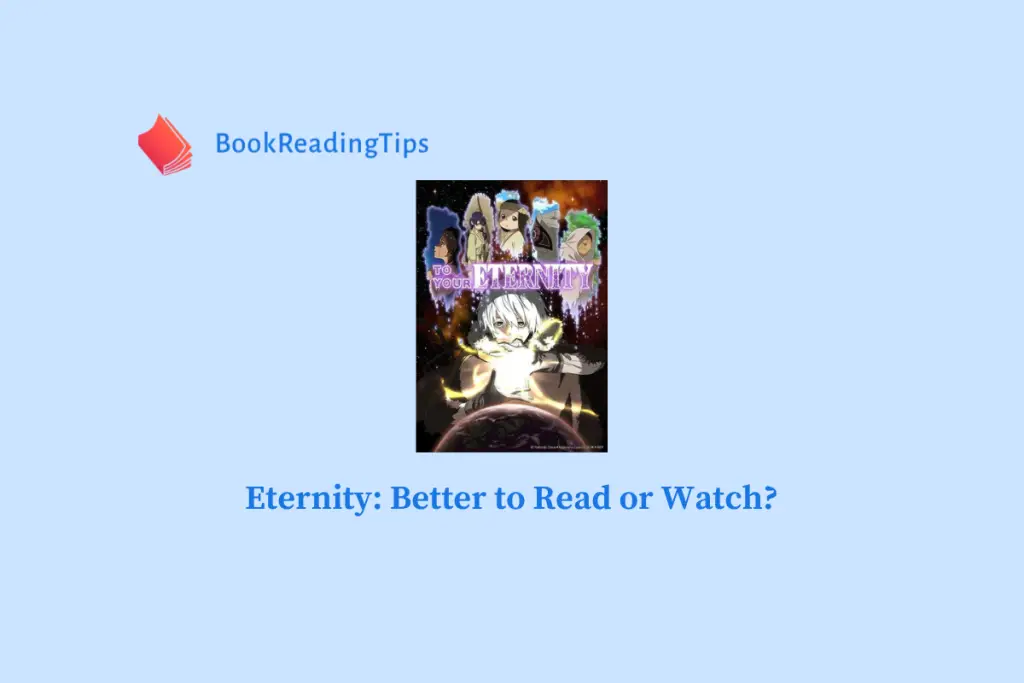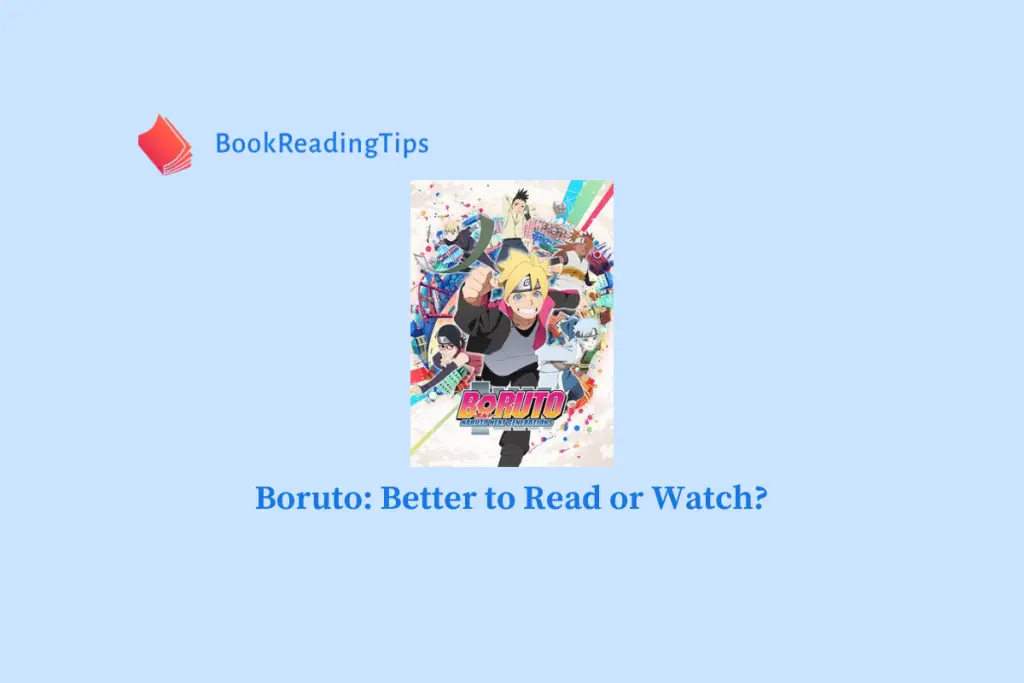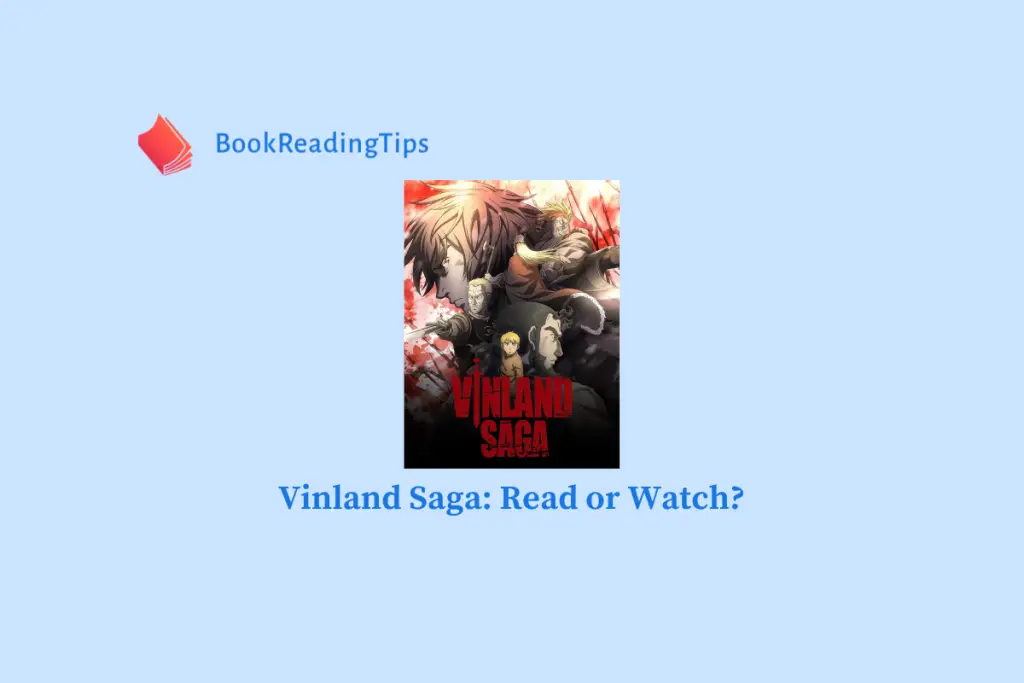“Interviews with Monster Girls” is a Japanese manga and anime series written and illustrated by Petos. The series, also known as “Demi-chan wa Kataritai” in Japanese, follows the story of a high school biology teacher, Tetsuo Takahashi, who becomes fascinated with demi-humans, or “monster girls,” after learning about their existence. The series explores the daily lives and struggles of these demi-humans, including a vampire, a dullahan, a snow woman, and a succubus, as they navigate the challenges of being different in a human-dominated society.
The series is a heartwarming and humorous take on the slice-of-life genre, offering a unique perspective on the experiences of individuals who are considered “monstrous” by societal standards. “Interviews with Monster Girls” has gained popularity for its endearing characters, thought-provoking themes, and lighthearted approach to addressing issues of diversity and acceptance. The series has garnered a dedicated fanbase and has received critical acclaim for its portrayal of the struggles and triumphs of its demi-human characters.
Key Takeaways
- “Interviews with Monster Girls” is a heartwarming and comedic anime and manga series that explores the lives of demi-humans in a modern society.
- The plot follows a high school teacher who interviews demi-human students to learn more about their unique abilities and challenges, while also forming meaningful connections with them.
- The main characters include a vampire, a dullahan, a snow woman, and a succubus, each with their own struggles and experiences as demi-humans.
- Themes of acceptance, friendship, and understanding are prevalent throughout the series, highlighting the importance of empathy and inclusivity.
- Fans of “Interviews with Monster Girls” may enjoy comparing the anime and manga versions to appreciate the different storytelling and visual styles, while also exploring the series’ impact on the anime community.
Plot Summary of “Interviews with Monster Girls”
The story of “Interviews with Monster Girls” revolves around Tetsuo Takahashi, a biology teacher who becomes intrigued by demi-humans after learning about their existence. He sets out to learn more about them and understand their unique experiences. Throughout the series, Tetsuo encounters and befriends several demi-human students at his school, including a vampire named Hikari Takanashi, a dullahan named Kyoko Machi, a snow woman named Yuki Kusakabe, and a succubus named Sakie Satou.
As Tetsuo gets to know each of the girls, he learns about the challenges they face as demi-humans living in a human-dominated society. The series explores themes of acceptance, friendship, and self-discovery as the characters navigate their daily lives while dealing with their unique abilities and the prejudices they face. Through heartwarming and humorous interactions, “Interviews with Monster Girls” offers a touching portrayal of the struggles and triumphs of its demi-human characters as they strive to find their place in the world.
Analysis of the Main Characters in “Interviews with Monster Girls”
Tetsuo Takahashi is the protagonist of “Interviews with Monster Girls,” and he serves as the audience’s guide into the world of demi-humans. As a biology teacher, Tetsuo is naturally curious about the biological and social aspects of demi-humans, and he approaches his interactions with them with empathy and understanding. His genuine interest in learning about their experiences leads to meaningful connections with the demi-human students at his school.
Hikari Takanashi is a cheerful and energetic vampire who befriends Tetsuo and becomes one of his first subjects for his research on demi-humans. Despite her vampire nature, Hikari is portrayed as a kind-hearted and compassionate individual who values her friendships and strives to live a normal life. Her character challenges stereotypes about vampires and showcases the diversity within the demi-human community.
Kyoko Machi is a reserved and stoic dullahan who initially struggles to connect with others due to her unique physical condition. As a dullahan, Kyoko’s head is detached from her body, which presents challenges in her daily life. However, through her interactions with Tetsuo and her fellow students, Kyoko learns to open up and form meaningful relationships, highlighting the importance of acceptance and understanding.
Yuki Kusakabe is a shy and timid snow woman who is initially hesitant to reveal her true nature to others. Yuki’s character explores themes of self-acceptance and the fear of rejection, as she grapples with the idea of being different from her peers. Through her friendship with Tetsuo and her fellow demi-humans, Yuki learns to embrace her identity and find confidence in herself.
Sakie Satou is a mature and reserved succubus who faces unique challenges due to her ability to inadvertently attract others through her pheromones. Sakie’s character delves into themes of self-control and the fear of being misunderstood by others. Despite these challenges, Sakie forms meaningful connections with Tetsuo and her students, showcasing her resilience and strength as a demi-human.
Themes and Messages in “Interviews with Monster Girls”
“Interviews with Monster Girls” explores several themes and messages that resonate with audiences. One prominent theme is the importance of acceptance and understanding of individuals who are different from societal norms. The series challenges stereotypes and prejudices by portraying demi-humans as complex individuals with their own struggles and triumphs. Through the characters’ interactions, the series emphasizes the value of empathy and compassion in building meaningful connections with others.
Another key theme in “Interviews with Monster Girls” is self-acceptance and embracing one’s identity. The demi-human characters grapple with their unique abilities and the fear of being rejected or misunderstood by others. The series highlights the journey of self-discovery and the importance of finding confidence in one’s individuality. By showcasing the characters’ growth and resilience, “Interviews with Monster Girls” delivers a powerful message about embracing diversity and celebrating what makes each person unique.
Additionally, the series delves into the complexities of friendship and support within the demi-human community. The characters form deep bonds with each other as they navigate their shared experiences, offering each other understanding and encouragement. “Interviews with Monster Girls” underscores the significance of solidarity and mutual respect in overcoming challenges and finding strength in one’s identity.
Comparison of the Anime and Manga Versions of “Interviews with Monster Girls”
The anime adaptation of “Interviews with Monster Girls” closely follows the storyline of the original manga while bringing the characters to life through animation. The anime captures the heartwarming interactions between Tetsuo and the demi-human students, as well as their individual journeys of self-discovery. The visual medium allows for vibrant depictions of the characters’ unique abilities and expressions, enhancing the emotional impact of their experiences.
On the other hand, the manga version provides additional depth to the story through detailed artwork and narrative elements that may not be fully explored in the anime adaptation. The manga allows readers to delve into the inner thoughts and emotions of the characters, providing a more immersive experience into their personal struggles and growth. Both versions offer distinct strengths in portraying the world of “Interviews with Monster Girls,” providing fans with multiple ways to engage with the beloved series.
Reception and Impact of “Interviews with Monster Girls”
“Interviews with Monster Girls” has received widespread acclaim for its endearing characters, thought-provoking themes, and lighthearted approach to addressing issues of diversity and acceptance. The series has garnered a dedicated fanbase that appreciates its heartwarming portrayal of demi-human characters navigating their daily lives. Fans have praised the series for its relatable themes and memorable character dynamics, which have resonated with audiences around the world.
The impact of “Interviews with Monster Girls” extends beyond its entertainment value, as it has sparked meaningful discussions about representation and inclusivity in media. The series’ emphasis on empathy, understanding, and self-acceptance has resonated with viewers who appreciate its positive messages. “Interviews with Monster Girls” has contributed to broader conversations about diversity in storytelling, inspiring audiences to embrace different perspectives and celebrate individuality.
Recommendations for Fans of “Interviews with Monster Girls”
For fans of “Interviews with Monster Girls,” there are several recommendations for similar series that explore themes of acceptance, friendship, and self-discovery. “Miss Kobayashi’s Dragon Maid” offers a heartwarming portrayal of interspecies friendships and family dynamics, featuring endearing characters navigating their unique identities in a modern setting. “My Little Monster” delves into themes of personal growth and connection through the unlikely friendship between two high school students from different social circles.
Additionally, “A Centaur’s Life” provides an insightful exploration of diversity and societal norms through its depiction of a world inhabited by various mythical creatures. The series delves into thought-provoking themes while offering endearing character dynamics that resonate with fans of “Interviews with Monster Girls.” Overall, these recommendations offer engaging narratives and relatable themes that align with the spirit of inclusivity and understanding found in “Interviews with Monster Girls.” Overall, these recommendations offer engaging narratives and relatable themes that align with the spirit of inclusivity and understanding found in “Interviews with Monster Girls.” Both “A Centaur’s Life” and “Interviews with Monster Girls” provide insightful explorations of diversity and societal norms, delving into thought-provoking themes while offering endearing character dynamics that resonate with fans. The depiction of a world inhabited by various mythical creatures in “A Centaur’s Life” adds an extra layer of intrigue and creativity to the exploration of these themes, making it a compelling recommendation for fans of “Interviews with Monster Girls.”
FAQs
What is “Interviews with Monster Girls” about?
“Interviews with Monster Girls” is a Japanese manga and anime series that follows the story of a high school biology teacher who becomes interested in the lives of demi-humans, or “monster girls,” and begins interviewing them to learn more about their experiences and struggles in the human world.
Is “Interviews with Monster Girls” available as a manga or anime?
Yes, “Interviews with Monster Girls” is available as both a manga and an anime series. The manga was written and illustrated by Petos and was serialized in Kodansha’s Young Magazine the 3rd from 2014 to 2018. The anime adaptation aired in 2017 and consists of 12 episodes.
What are some of the main characters in “Interviews with Monster Girls”?
Some of the main characters in “Interviews with Monster Girls” include Tetsuo Takahashi, a biology teacher who is fascinated by demi-humans; Hikari Takanashi, a vampire; Kyoko Machi, a dullahan; Yuki Kusakabe, a snow woman; and Sakie Satou, a succubus.
What themes are explored in “Interviews with Monster Girls”?
“Interviews with Monster Girls” explores themes of acceptance, understanding, and empathy as the characters navigate the challenges of being demi-humans in a human-dominated society. The series also delves into the unique experiences and perspectives of each character as they come to terms with their identities.




